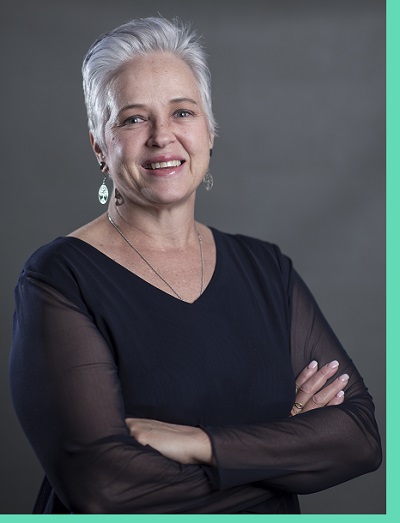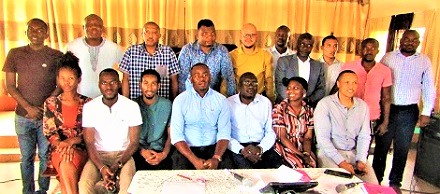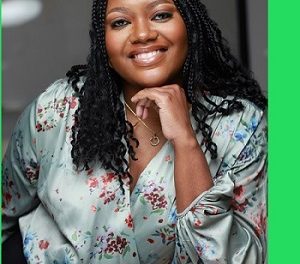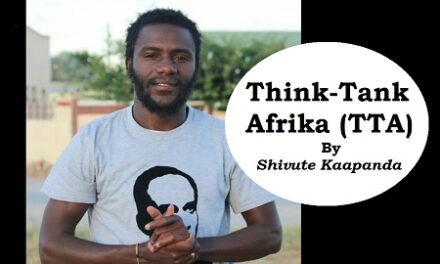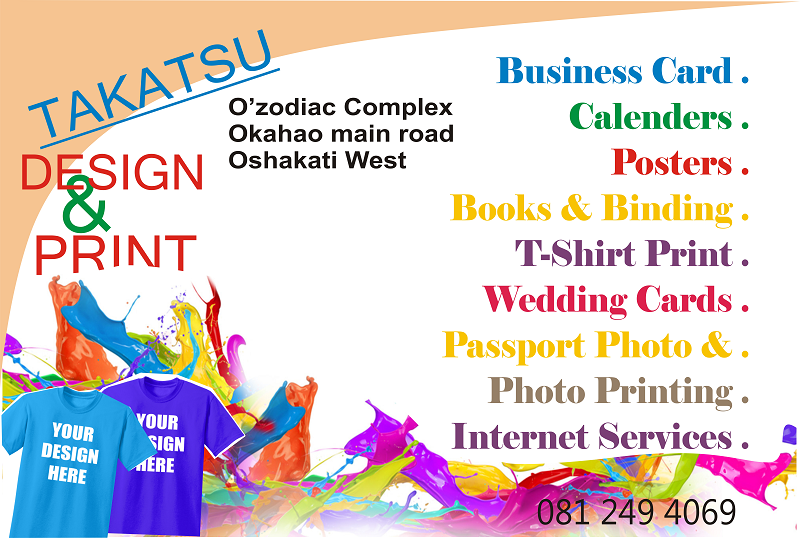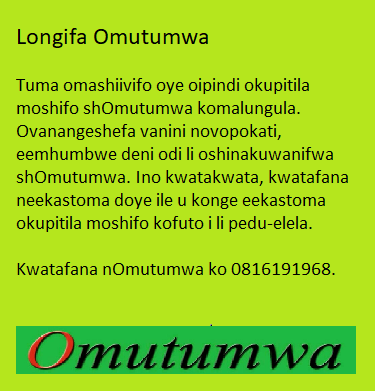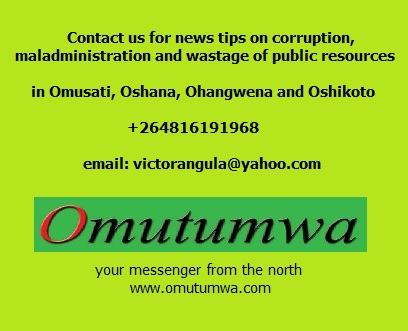The future belongs to the curious
By Marilize van Schalkwyk /
Curiosity in children is endless. From birth they are interested in their surroundings. They explore by touching, looking, and observing objects and people.
Asking questions such as “why”, “how” or “when” they obtain more information and continue their quest to discover more about their world.
As adults we move from curious discovery to knowing. A position of understanding and knowledge makes adults feel accomplished. Subsequently, we begin to lose our curiosity.
One of the biggest factors in losing curiosity is thinking we know everything already. In being the expert, it is easy to lack the humility to be curious – to ask what, why, when, where, how and thereby admitting that you indeed do not know everything.
How does this relate to internal audit? Critical thinking is a vital auditing competency.
According to the Institute of Internal Auditors critical thinking is disciplined thinking that is clear, rational, open-minded, and informed by evidence, which makes it ideally suited for application in an audit setting.
It can be viewed as the golden thread that is intertwined throughout the key elements of the audit process, including risk assessments, interviewing, testing and analysis, process documentation, and reporting.
Curiosity is one of the most significant characteristics of critical thinking and drives us to continually seek new information.
It also encourages us to question our thoughts and the filters we use to understand the world. This is essential to avoid biases and misconceptions. Challenging our beliefs and getting curious about all aspects of an issue will help us have an open mind during the critical thinking process.
Curious people often ask questions and seek honest, detailed answers.
How does this apply to auditing? During the audit process an auditor needs to be open to new and useful information to effectively assess risks, evaluate controls and interview clients.
This new information is obtained by querying the evidence, by asking questions, by delving deeper into what seems obvious. The auditor needs to be passionate about learning new things which might at first not seem to be useful. Combining curiosity with critical thinking contributes towards becoming a passionate and effective auditor.
In the audit environment emphasis is placed on technical skills and continuous learning. Therefore, many auditors strive for specialized knowledge and to be experts.
However, being curious and inquisitive are not skills that can be learnt from formal training or in the pursuit of certifications or specialized knowledge.
It needs to be ignited. The following considerations are therefore very critical: • Develop a thirst for learning.
- Ask questions.
- Don’t be afraid to say, “I don’t know”.
- Live to solve problems, instead of being right.
- Be willing to be wrong and learn in the process.
The future belongs to the one who listens, explores, discovers, and ask questions.
– Marilize van Schalkwyk is an Information Systems Auditor at the Government Institutions Pension Fund, the views expressed in this article are her own and do not represent those of her employer.

